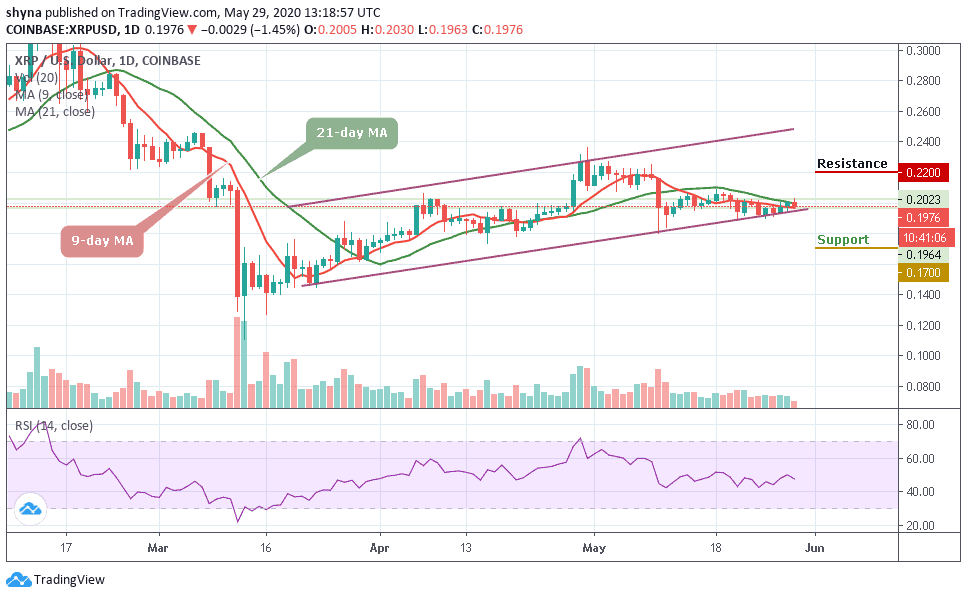Join Our Telegram channel to stay up to date on breaking news coverage
The prospect of making transactions anonymously and without external supervision is one of the major selling points of cryptocurrencies. The benefit brought Bitcoin to the forefront, and several other top assets have coasted off the implicit promise of privacy. Recently, several factors have put cryptocurrencies’ claims to privacy in jeopardy. While Bitcoin has gotten a significant amount of the flack, a new report is shedding some light on its chief rival, Ether.
The Ethereum Network’s Privacy Flaws
Earlier this week, Hungarian computer scientist Ferenc Béres collaborated with researchers in his home country analyze the Ethereum blockchain and the possibility of de-anonymizing transactions. In a report, the team explained that they focused on several blockchain features that make transactions easier to track.
The research paper noted that Ethereum’s account model plays a significant role in making it less private. In contrast to Bitcoin’s Unspent Transaction Output (UTXO) model, Ethereum’s account model allows wallet reuse. Thus, it is inherently less private than Bitcoin. Ethereum’s privacy also suffers from the blockchain’s name service, which ties addresses to “.eth” domains. The domains themselves are human-readable, with the researchers themselves able to scrape up to 890 Ethereum domains on public Twitter profiles.
They pointed out that 10 percent of the domains that they found had ties to potentially illegal gambling activity. Five percent also had links to adult-related platforms on the internet.
The report also showed several ways that people can identify account owners across various addresses. They applied the methods to Tornado Cash, one of the top cryptocurrency mixers available on the market. Researchers found that up to 7.5 percent of the addresses withdrew money to the same accounts that had made the deposits. Thus, mixing was of no use.
The paper hasn’t gotten a peer review, but it does show damning evidence that to buy Ethereum isn’t as private as buying Bitcoin. Considering that Bitcoin itself is already losing ground in terms of its privacy protections, it says something.
Cryptocurrencies and the Privacy Conundrum
Over the past few years, Bitcoin has drawn the ire of many for being less private than it used to be. Privacy has been one of the many casualties in the battle for cryptocurrencies’ legalization. Many crypto businesses – including exchanges, wallet providers, and other asset custodians – have had to pander to financial regulators and their information-gathering demands.
With the travel rule from the Financial Action Task Force (FATF) and the European Union’s Fifth Anti-Money Laundering Directive (AMLD5) gaining ground in several parts of the world, regulators are indicating that the only way they will accept cryptocurrencies is if asset custodians and industry players abide by their data privacy rules.
Thus, many of these assets have begun to lose ground amongst Dark Web actors, hackers, and other users who value privacy over anything else. Instead, assets like Monero and ZCash appear to have now taken charge. Earlier this year, a report confirmed that the volume of Bitcoin transactions on the Dark Web had been on the decline for the past year. If the trend continues, Bitcoin could lose credibility amongst the people who helped it gain global prominence in the first place.
Join Our Telegram channel to stay up to date on breaking news coverage


